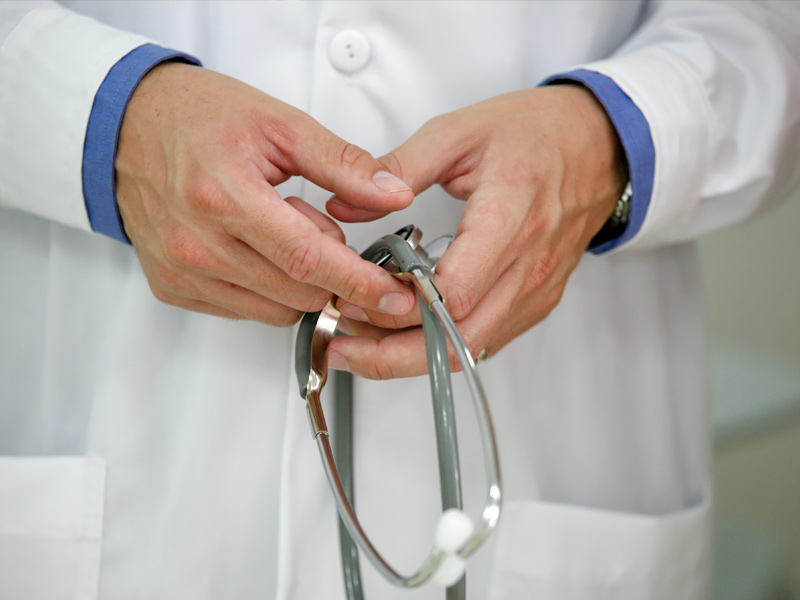Bacteria in Gut Can Influence Person’s Weight Gain or Loss
Many studies suggest that naturally-occurring bacteria in the body can influence our weight. Other studies have already shown that reconfiguring the gut microbial community makes extreme weight loss in patients that have had trouble losing weight before or whose diet shows that a patient should be losing weight and having trouble doing so.
Scientists says that finding ways to identify people that are predisposed to obesity and its related medical conditions will help doctors to create more targeted weight loss treatments for these patients. By studying the specific microbe composition in the intestines themselves may also help predict weight-loss surgery candidates.
Experts believe there is no quick way to lose weight, at least safely. Doctors view body weight regulation as a complicated process that involves activity level, diet, genetics and now, gastrointestinal microbes. This has been concluded by studying mice that have had intestinal microbes that contribute to weight loss. Researchers took gut bacteria from human twins, one was thin, one was obese and transferred these bacteria into two small mice. The animals with the bacteria from the obese twin grew fat and the other stayed thin. These researchers believe that these bacteria behave the same in both humans and animals because these microbes help to take calories from food that are stored into fat tissue and cause weight gain.
This study believes that those are more likely to gain weight when their gut bacteria breaks down food better which allows the body to absorb more calories. They believe that less-efficient bacteria allows food to pass more quickly and is digested before fat is stored. Most of the time, this is affected by the diet, that high-fat low fiber diets have different bacteria then low-fat, high-fiber diets.
A recent study by the Cleveland Clinic has found that gastrointestinal bacteria burp out TMAO, a chemical that occurs when people eat eggs or red meat. This chemical increases one’s risk of stroke or heart attack. In another study scientists studied the gut microbes in weight loss surgery patients. They found that the microbes differed in each of the three surgery groups. This proves that managing the microbial community in the intestines is a major tool to help manage obesity and its related conditions before or after weight loss surgery. Many doctors believe that one day we may be able to get rid of all the wrong microorganisms in the body and help to control obesity before it starts in a patient and its genetic makeup.
Leave a reply →












